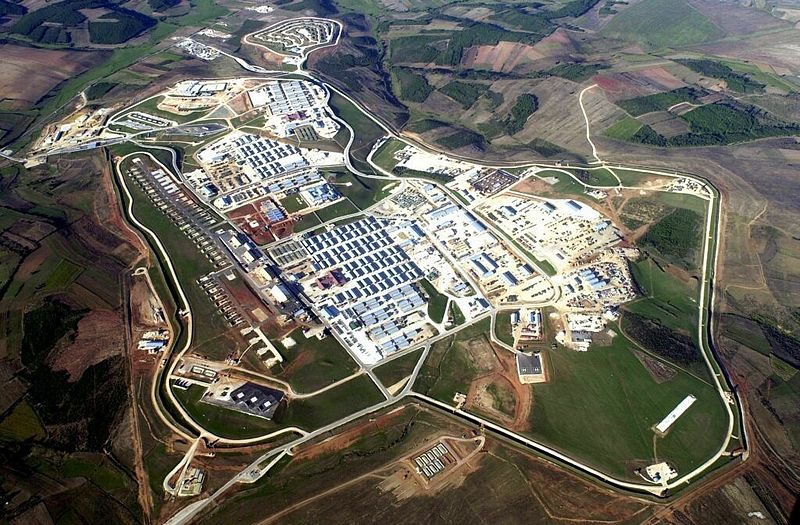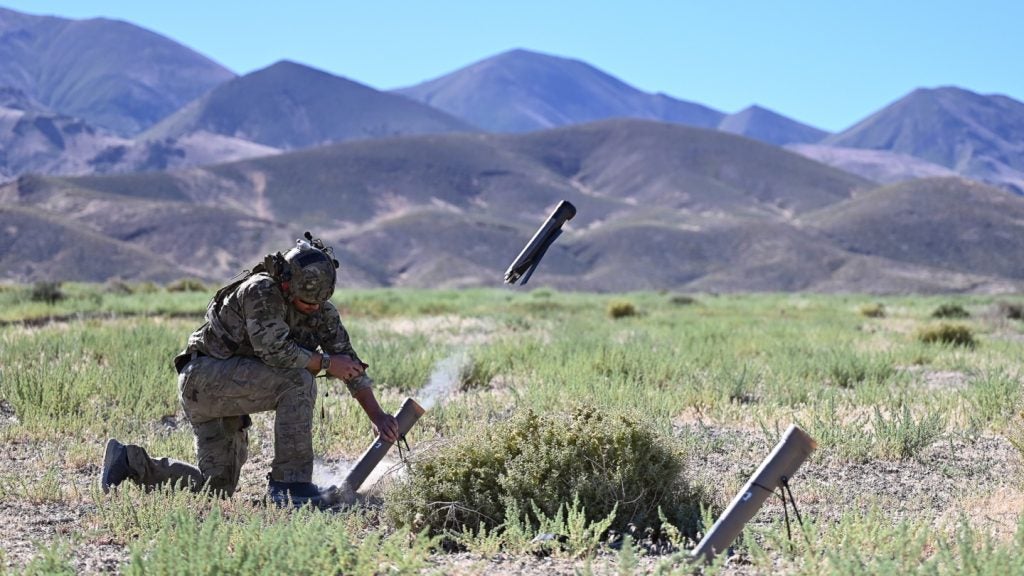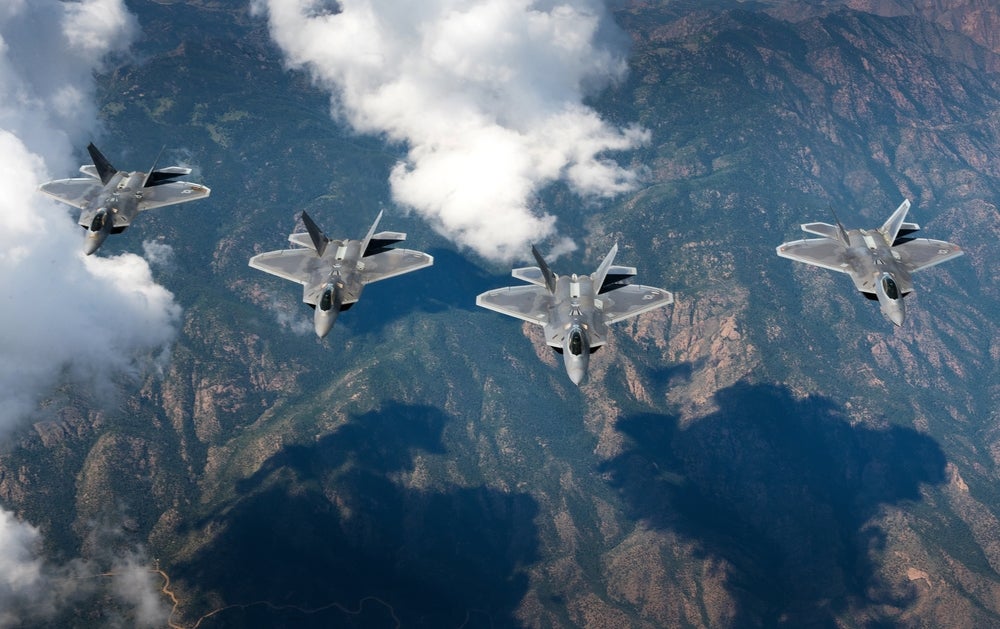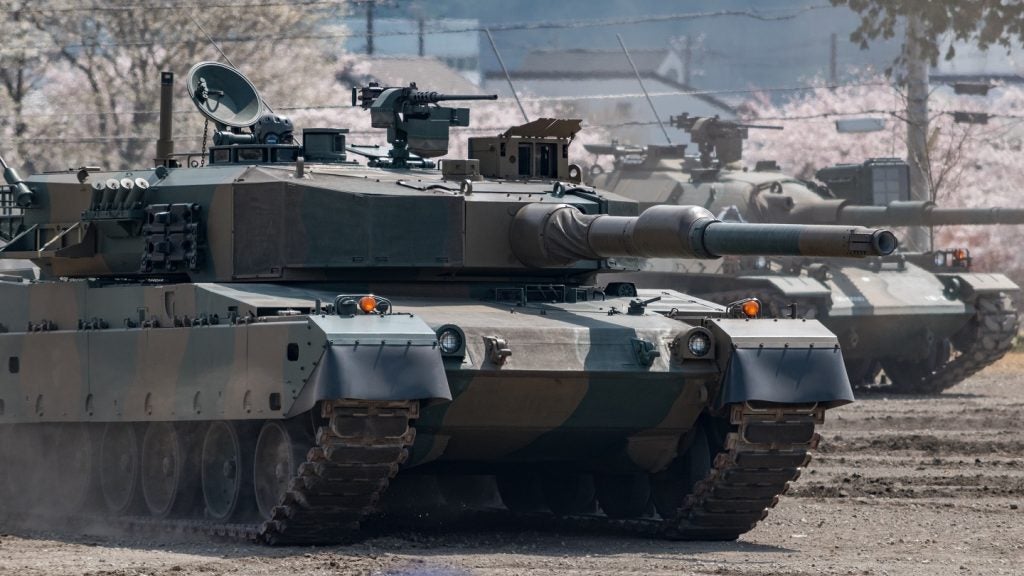
On 5 June Nato reinforcements began their deployment to Kosovo in response to the recent outbreak of violence.
The clashes, which occurred last week, resulted in nearly 40 Kosovo Force (KFOR) peacekeeping troops sustaining injuries. Nato issued a statement on 29 May condemning the attacks.
The majority of the NATO reinforcements will consist of approximately 500 Turkish service members from Turkey’s 65th mechanised infantry brigade. The Turkish Battalion will remain deployed in Kosovo for an indefinite period of time, as long as its presence is necessary, according to a release from Nato. In response to the escalating tensions, Nato has also put an additional battalion of reserve forces on high alert, ready to be deployed if needed.
Nato Secretary General Jens Stoltenberg expressed gratitude towards Turkey for dispatching additional troops to Kosovo, following discussions with President Recep Tayyip Erdogan in Istanbul on 4 June. According to Mr. Stoltenberg, “Turkey is an important and highly valued Ally, making key contributions to NATO.” He added that amidst heightened tensions, the deployment of troops for the peacekeeping mission in Kosovo has become increasingly crucial.
During an informal meeting of Nato Foreign Ministers held in Oslo last week, the Secretary General conveyed a message to both Belgrade and Pristina. He emphasised the importance of engaging in the EU facilitated dialogue in good faith, as “that is the only path to peace.” He added that Nato bears the responsibility of maintaining stability in Kosovo, and that this is why the organisation has been present in the region for several years and is now expanding its presence.
The KFOR mission in Kosovo
Tensions between Belgrade and Pristina have risen in recent months, as the Serbia refuses to recognise the sovereignty of the Kosovo.
For over two decades, Nato has been spearheading a peacekeeping mission in Kosovo, as part of an international effort to establish lasting peace and security in the area. KFOR’s mission in Kosovo, now supported by 4,200 troops from 27 Nato Allies and partners, is to ensure the safety and freedom of movement of all the communities residing in the region.
On 12 June 1999, KFOR was deployed to Kosovo following a 78-day air campaign. In March 1999, the Alliance initiated an air campaign with the aim of putting a stop to the ongoing humanitarian crisis.
In an effort to maintain peace and stability in Kosovo, several objectives have been established. These include preventing any further aggression or intimidation from Yugoslav and Serb forces, ensuring the safety and security of the public, disarming the Kosovo Liberation Army, providing assistance to the international humanitarian effort, and collaborating with and aiding the international civil presence.
As the security situation has improved, NATO has been adapting KFOR’s force posture to become smaller and more flexible, with fewer static tasks. As the security situation on the ground continues to evolve, the North Atlantic Council is responsible for making all decisions regarding adjustments to the KFOR force posture. KFOR is working in collaboration with the United Nations (UN), the European Union (EU), and other international entities to aid in the establishment of a stable, democratic, multi-ethnic, and peaceful Kosovo.








